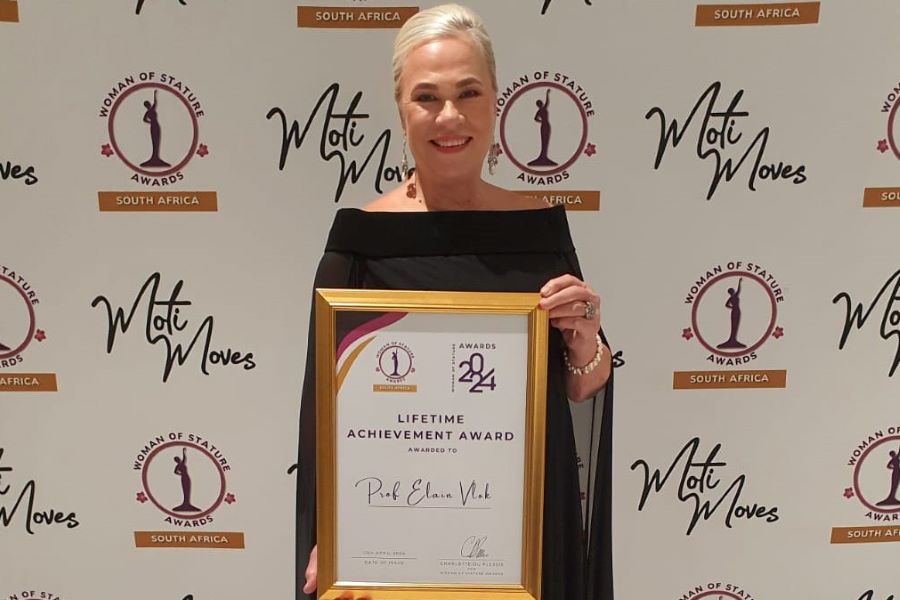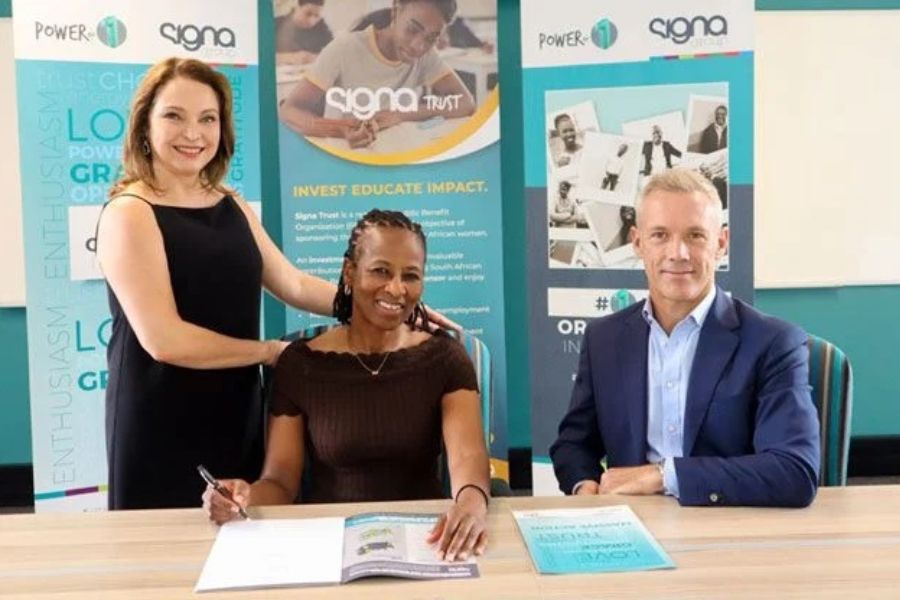Recent research indicates that women’s involvement in the construction industry has increased, suggesting a gender-positive environment that advances the role of women in this traditionally male-dominated industry. But participation rates for women contractors remains low, the failure rate remains high and women in construction are still facing career progression challenges due to factors like limited access to training and barriers to access. Furthermore, South African women are not represented as well as their male counterparts in positions of power and authority.
It is unsurprising then that technical training skills, support and networking opportunities, and mentorship support for women-owned construction businesses is a matter of urgency. The National Home Builders Registration Council (NHBRC) has responded to this crucial need by partnering with the Gordon Institute of Business Science’s (GIBS) Entrepreneurship Development Academy (EDA) to develop and implement their Women Empowerment Programme that offers training aimed at encouraging participation of women as key players in the construction sector.
The 24-month programme which is targeted at women entrepreneurs in the construction sector kicked off in March 2021. The immersive tailor-made programme assists women entrepreneurs in the construction sector to develop their entrepreneurial, business and leadership skills to help them operate and sustain profitable businesses. The blended programme entails 12 months of business and management training, followed by 12 months of support services such as mentorship, coaching, networking events, and facilitating access to finance and new markets.
The programme, which is being rolled out nationally, is aimed at boosting leadership and business skills of women entrepreneurs in the construction industry so women can stake their claim and own their space in this male-dominated industry and inspire others to do the same. The construction sector in South Africa was particularly hard-hit during the pandemic, and it is therefore especially important that women-led construction businesses be supported, to ensure that they can bounce back.
The NHBRC has previously supported the development and transformation of 200 women entrepreneurs through this programme with spectacular results. Many of the women have gone on to form associations and networks with their like-minded peers to take their businesses to the next level.
“We are proud of what we have managed to achieve through this programme. It has shown that we cannot afford to exclude women from the construction sector as employees and employers. As the NHBRC we would like to see more women participate fully through the value-chain of this industry. Many opportunities exist for women to become significant players in the industry, contributing to the ongoing journey of transformation in South Africa,” said Zweli Magano, Manager for Social Transformation and Empowerment Programmes at NHBRC.
Managing Executive for Social Education, Miranda Hosking, added: “Women, whether acknowledged or not, are essential players in decision-making processes. Empowering women to build and grow their enterprises is one of the smartest investments we can make. Through financial independence, women are enabled to make better, more informed choices for themselves and those who depend on them. This not only facilitates personal growth, but also enhances social and economic development.”
The gender gap cannot be fixed overnight, but we can ensure that we move in the right direction to ensure women’s participation in key sectors, like construction and mining remains a priority in the fight for gender equality. Transformation and social development are a national imperative and sector transformation in construction should be a priority too. Through NHBRC’s Women Empowerment Programme that is being rolled out by the GIBS EDA, NHBRC hopes to ensure that 100 women across the country, who may previously not have had access to opportunities, are prioritised.
We still have a way to go before the aspirations of the brave women who took part in the Women’s March of 1956 are fully realised but we are off to a good start with programmes that invest in alleviating the triple threat of poverty, inequality and unemployment which disparately affects women and minorities.





